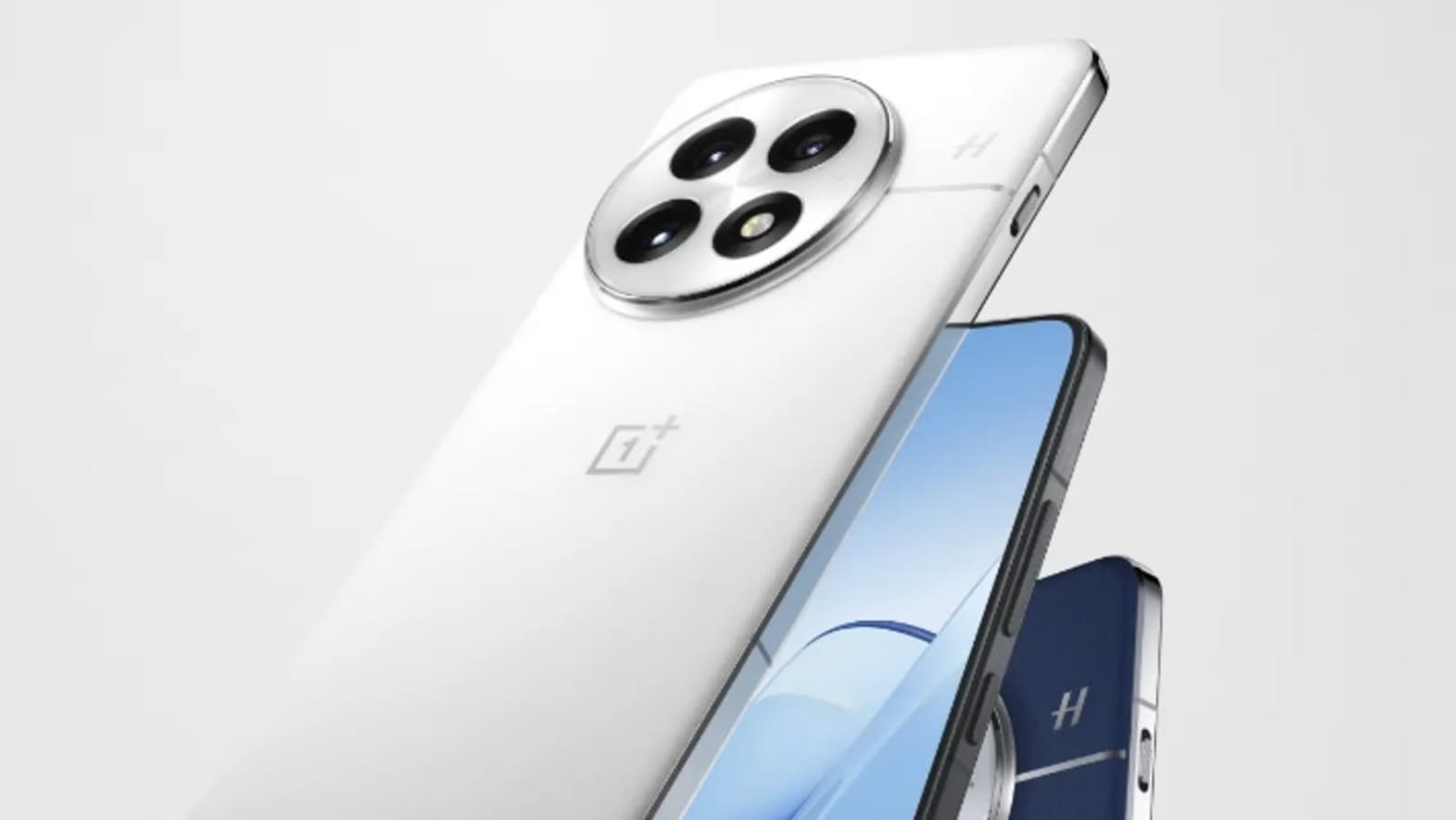
AMSTERDAM/NEW YORK (Reuters) - PepsiCo, which is overhauling some of its top brands like Lay's potato chips as shoppers look for cheaper options, is increasingly sharing data with major retailers and in return getting coveted information on shoppers' purchases, a PepsiCo executive said in an interview this week. PepsiCo's declining snack volumes are triggering product changes. The maker of Lay's chips and Pepsi sodas has seen weak sales growth in recent quarters, leading to tweaks to its pack sizes and more advertising for its Tostitos and Doritos brands.
In early October, the Purchase, New York-headquartered company cut its forecast for annual sales growth. On Tuesday, a top PepsiCo strategy executive told Reuters that PepsiCo has begun using more of retailers' own data on their sales of PepsiCo products to better forecast demand and make its supply chain more efficient. "We are increasingly sharing data" with retailers, said Angelika Kipor, PepsiCo's global head of strategy and transformation.
She cited "different level of collaboration, but the retailers are increasingly doing it" because they want to understand their entire supply chains better, Kipor said. She added that PepsiCo is sharing its forecasting data with the biggest retailers in the world. For instance, when Carrefour recently placed an order with PepsiCo, PepsiCo gave the grocery giant a data-driven historical analysis of the types of products it was missing from its order that had sold well in the past, prompting Carrefour to order those items and driving higher sales for PepsiCo.
VALUABLE DATA One of the most valuable - and elusive - types of information is check-out data on what shoppers ultimately buy, which retailers covet and even sometimes leverage in pricing negotiations. Walmart, the world's biggest retailer, sells a subscription to suppliers for first-party Walmart data on shopper behavior, as well as inventory data. “Some of it is the level of maturity of your relationship (with the retailers) – the level of trust, the level of the (retailers’ digital capability)," Kipor said.
Artificial intelligence allows PepsiCo to quickly process large amounts of data, Kipor said on Tuesday. Other packaged goods companies, from Unilever to Danone, have been racing to find ways to use AI to improve supply chains - including deciding what brands to keep in their portfolios to cutting costs and estimating how much product to make and ship. Kipor, who declined to name more retailers, said the data-sharing arrangements were separate from the often acrimonious pricing talks between retailers and consumer goods companies.
PepsiCo said last year that it would not further raise prices of its sodas and snacks after multiple rounds of hikes in prior years that helped offset once-in-a-generation levels of inflation after the COVID pandemic. Still, prices on Pepsi products like Lay's potato chips, Tostitos tortilla chips and Diet Pepsi have continued to rise in subsequent quarters, though at a slower pace than previously, according to U.S.
securities filings. "I'm not touching" price negotiations with PepsiCo's retail customers, Kipor said. "The retailers don’t want to have out-of-stocks and neither do we .
.. we have a common goal.
" (Reporting by Richa Naidu and Jessica DiNapoli; Editing by Nick Zieminski).














